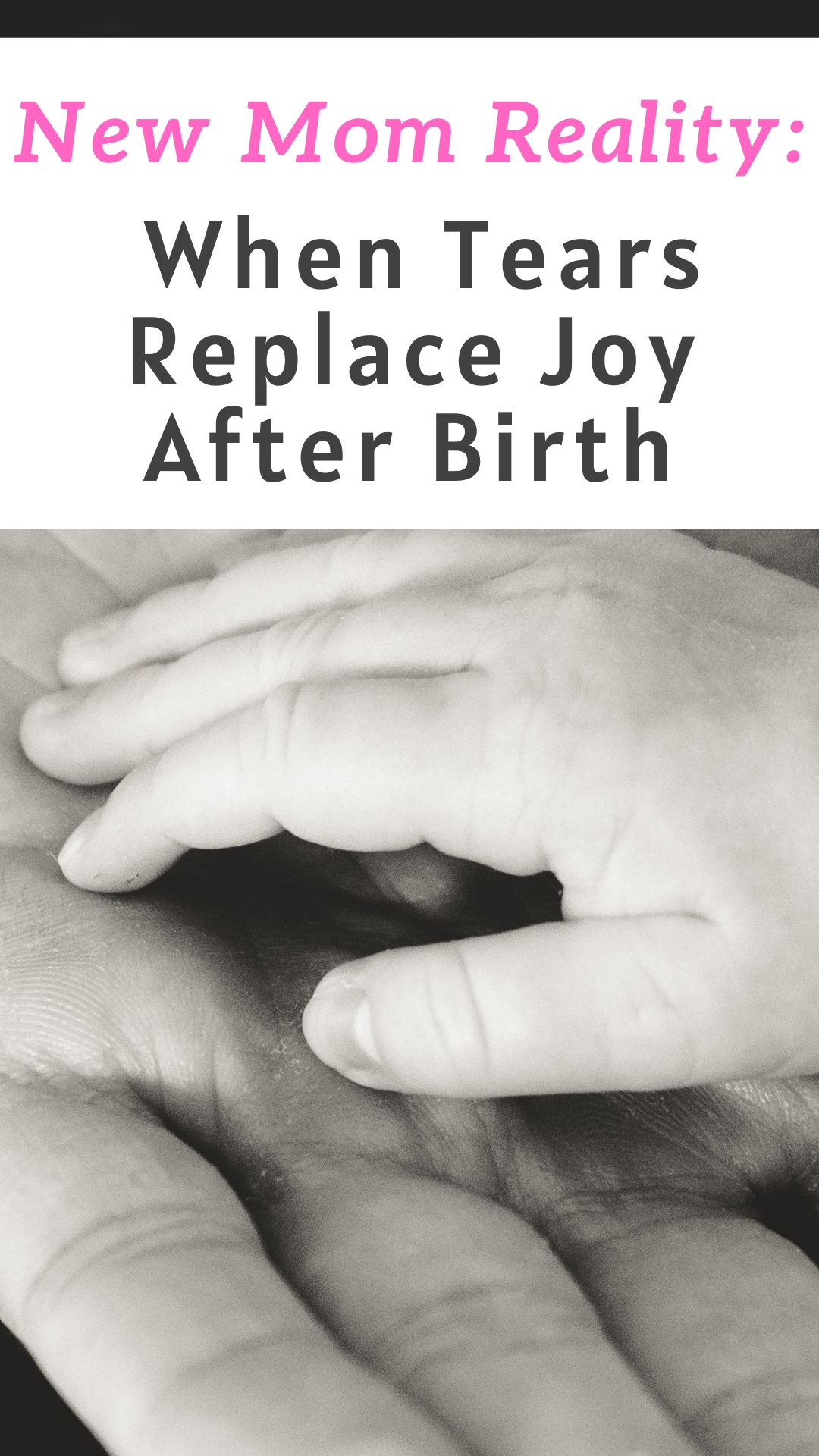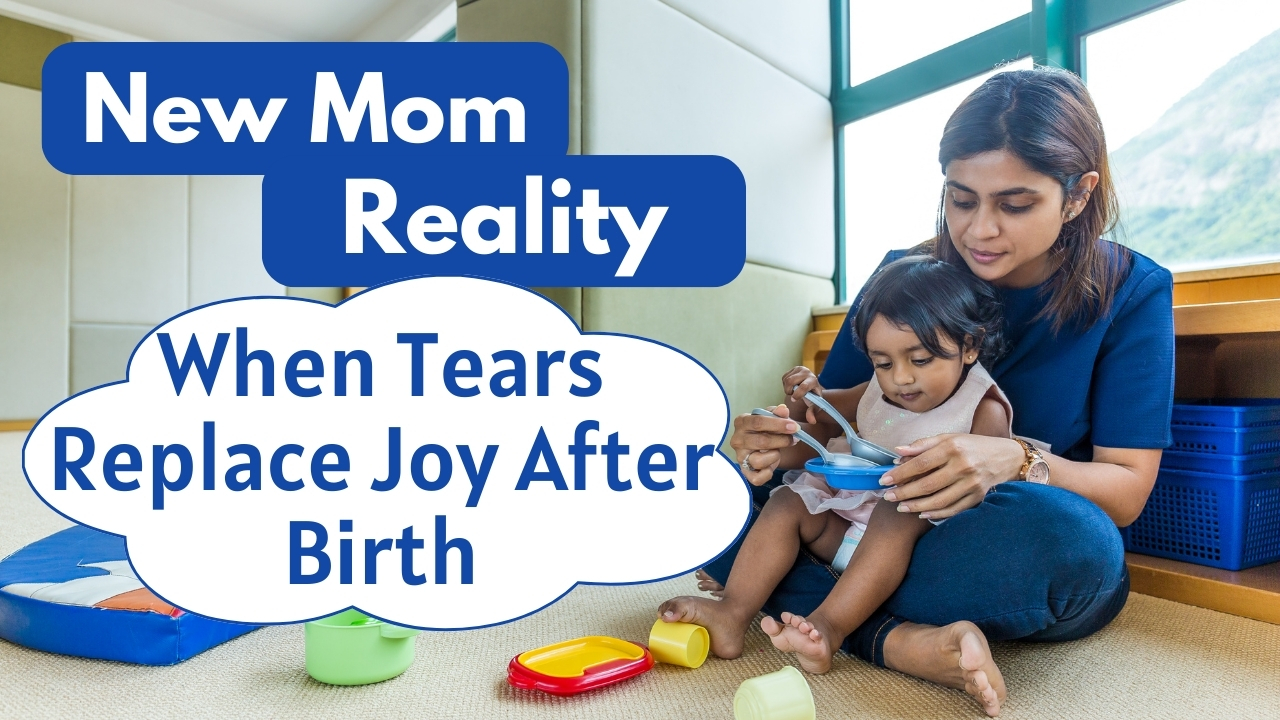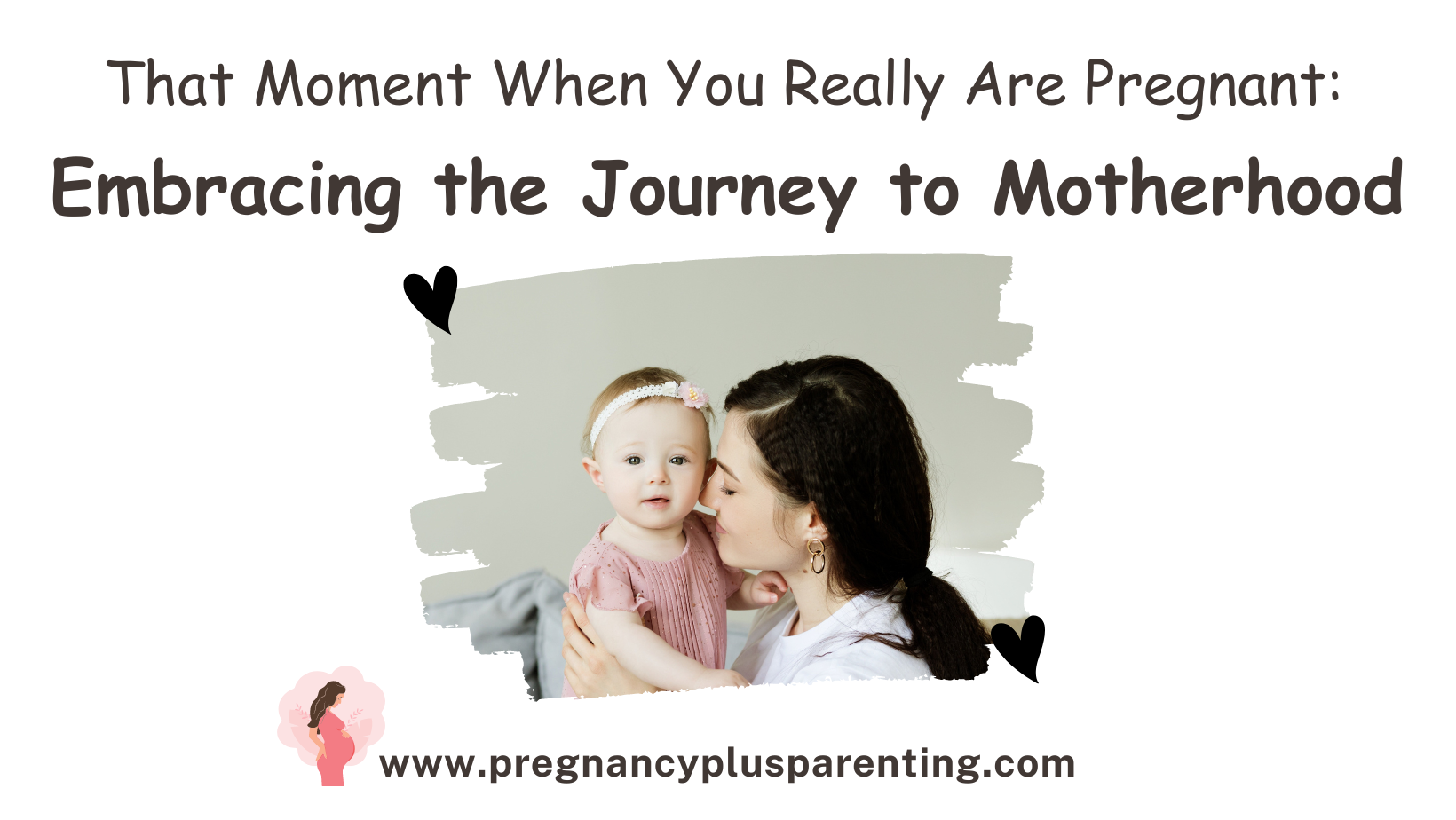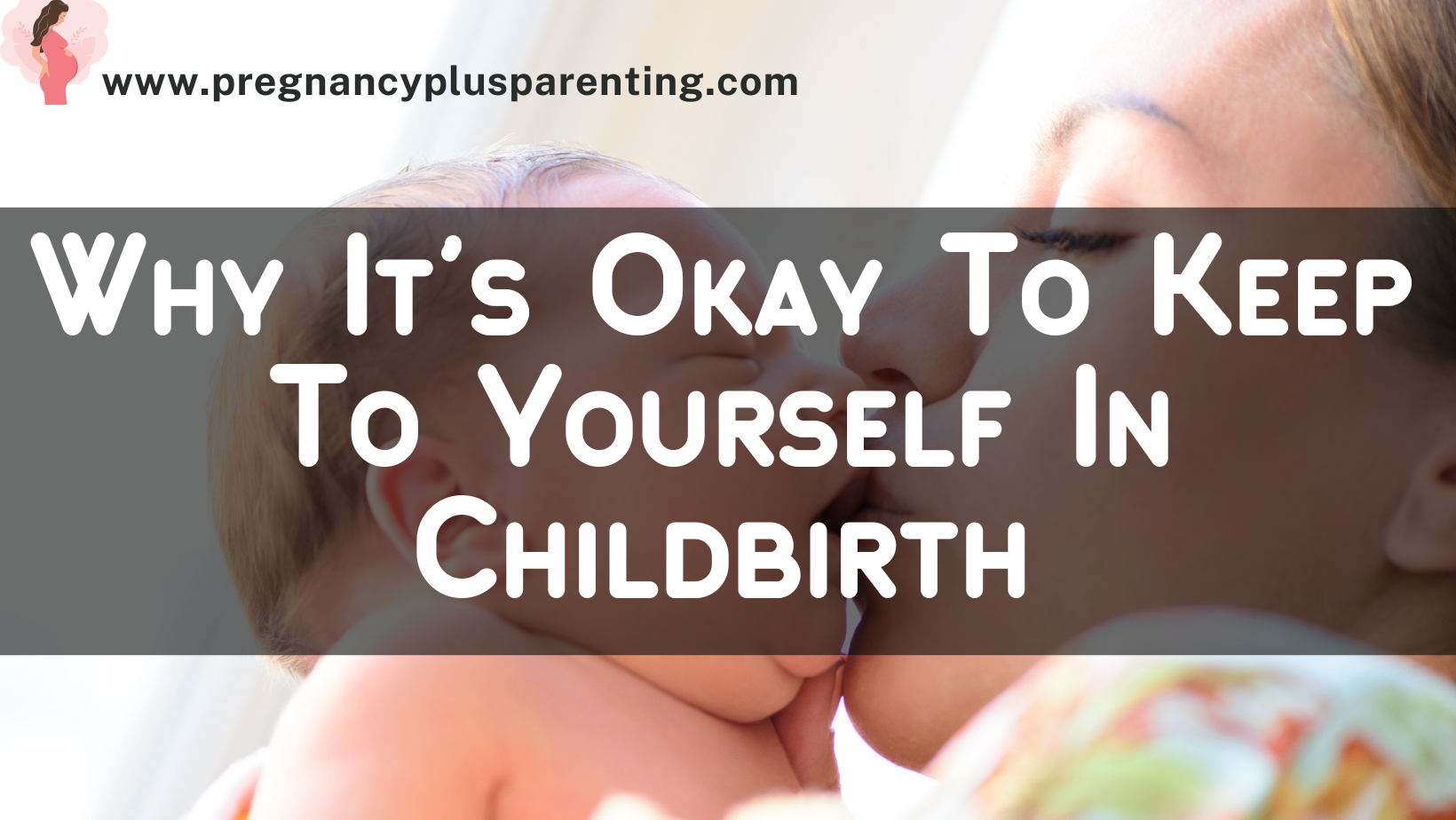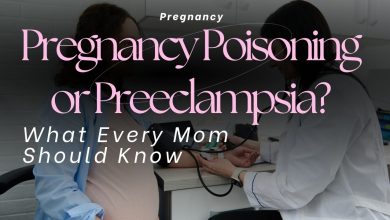New Mom Reality: When Tears Replace Joy After Birth
Becoming a mother is often portrayed as one of the most magical and fulfilling experiences in a woman’s life. From the moment you see those two pink lines on a pregnancy test, you’re bombarded with images of glowing mothers cradling their newborns, surrounded by an aura of bliss. But what happens when reality doesn’t match the picture-perfect expectations? What happens when, instead of feeling joy, you find yourself crying more than your newborn?
This is the reality for many new moms, and it’s time we talk about it.
The Myth of the “Perfect” Postpartum Experience
Society loves to romanticize motherhood. Social media feeds are filled with smiling moms, perfectly swaddled babies, and serene nursery setups. But behind the filters and curated posts, many women are struggling. The truth is, the postpartum period can be overwhelming, exhausting, and emotionally draining.
For some, the days and weeks after giving birth are filled with tears, anxiety, and a sense of loss. This doesn’t mean you’re a bad mom or that you don’t love your baby. It simply means you’re human, and your body and mind are going through a massive transition.
Why Am I Crying So Much?
If you’ve found yourself crying more than you expected after giving birth, you’re not alone. Here are some common reasons why this happens:
- Hormonal Changes
After childbirth, your body undergoes a dramatic hormonal shift. Estrogen and progesterone levels drop significantly, which can lead to mood swings, irritability, and tears. This is often referred to as the “baby blues,” and it affects up to 80% of new moms. - Exhaustion
Sleep deprivation is a hallmark of new motherhood. Between feeding, diaper changes, and soothing a fussy baby, it’s easy to feel like you’re running on empty. Lack of sleep can amplify emotions and make even small challenges feel insurmountable. - Unrealistic Expectations
Many new moms feel pressure to “bounce back” quickly, both physically and emotionally. When reality doesn’t match these expectations, it can lead to feelings of guilt, inadequacy, and sadness. - Identity Shift
Becoming a mom is a profound identity shift. Suddenly, your life revolves around caring for a tiny human who depends on you entirely. It’s normal to grieve your old life while adjusting to your new role. - Physical Recovery
Childbirth is physically demanding, and recovery can be painful and slow. Whether you had a vaginal delivery or a C-section, your body needs time to heal. Pain and discomfort can take a toll on your emotional well-being.
When to Seek Help
While it’s normal to feel emotional after giving birth, it’s important to recognize when your feelings might be a sign of something more serious. Postpartum depression (PPD) affects 1 in 7 women and is characterized by persistent feelings of sadness, hopelessness, and anxiety.
Here are some signs that it might be time to reach out for help:
- You feel sad or tearful most of the day, nearly every day.
- You have trouble bonding with your baby.
- You feel overwhelmed or unable to cope.
- You have thoughts of harming yourself or your baby.
If you’re experiencing any of these symptoms, please know that you’re not alone, and help is available. Reach out to your healthcare provider, a therapist, or a trusted loved one.
Coping Strategies for New Moms
If you’re struggling with the emotional rollercoaster of new motherhood, here are some strategies to help you cope:
- Prioritize Rest
Sleep deprivation can make everything feel worse. Try to rest whenever your baby sleeps, even if it’s just for a few minutes. Enlist the help of your partner, family, or friends to take shifts with the baby so you can get some uninterrupted sleep. - Talk About It
Don’t bottle up your feelings. Share your struggles with someone you trust, whether it’s your partner, a friend, or a support group. Sometimes, just saying things out loud can make them feel more manageable. - Lower Your Expectations
Let go of the idea of being a “perfect” mom. Your house doesn’t need to be spotless, and you don’t need to have it all together. Focus on what truly matters: keeping yourself and your baby healthy and happy. - Practice Self-Care
It’s easy to put your own needs on the back burner when you’re caring for a newborn, but self-care is essential. Take a few minutes each day to do something that makes you feel good, whether it’s taking a shower, reading a book, or going for a walk. - Seek Professional Support
If you’re feeling overwhelmed, don’t hesitate to reach out to a therapist or counselor who specializes in postpartum mental health. Therapy can provide you with tools and strategies to navigate this challenging time.
You’re Not Alone
One of the most important things to remember is that you’re not alone. So many women experience the same feelings of sadness, anxiety, and overwhelm after giving birth, but it’s often not talked about. By sharing your story and seeking support, you’re helping to break the stigma and create a more honest conversation about motherhood.
A Message to New Moms
If you’re reading this through tear-stained eyes, know that you’re doing an incredible job. Motherhood is hard, and it’s okay to not love every moment of it. Your tears don’t make you a bad mom—they make you a human mom.
Take it one day at a time, and don’t be afraid to ask for help. You are stronger than you think, and this challenging phase will pass. In the meantime, be gentle with yourself. You’re not just raising a baby; you’re also adjusting to a new version of yourself.
And remember, it’s okay to cry. Sometimes, those tears are just your heart’s way of saying, “This is hard, but I’m trying.”
Final Thoughts
The postpartum period is a time of immense change, both physically and emotionally. It’s okay to feel overwhelmed, and it’s okay to cry. What’s not okay is suffering in silence. Reach out, seek support, and know that you’re not alone on this journey.
Motherhood is a beautiful, messy, and transformative experience. And while it may not always feel like it, you’re exactly the mom your baby needs.
